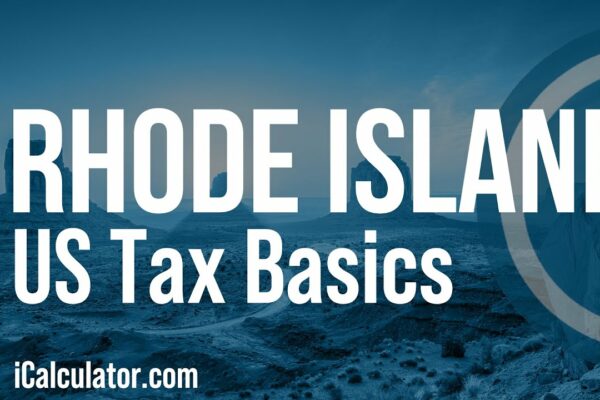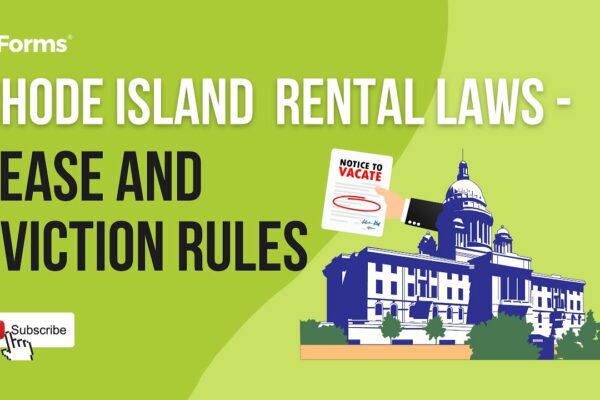
Is it required for Rhode Island to pay taxes?
Rhode Island, like any other state in the United States, has a legal obligation to pay taxes. The payment of taxes is crucial for financing public services such as education, healthcare, and infrastructure development. Failure to comply with tax laws can result in penalties and legal consequences. It is essential for all Rhode Island residents and businesses to understand and fulfill their tax obligations to contribute to the growth and well-being of the state.







